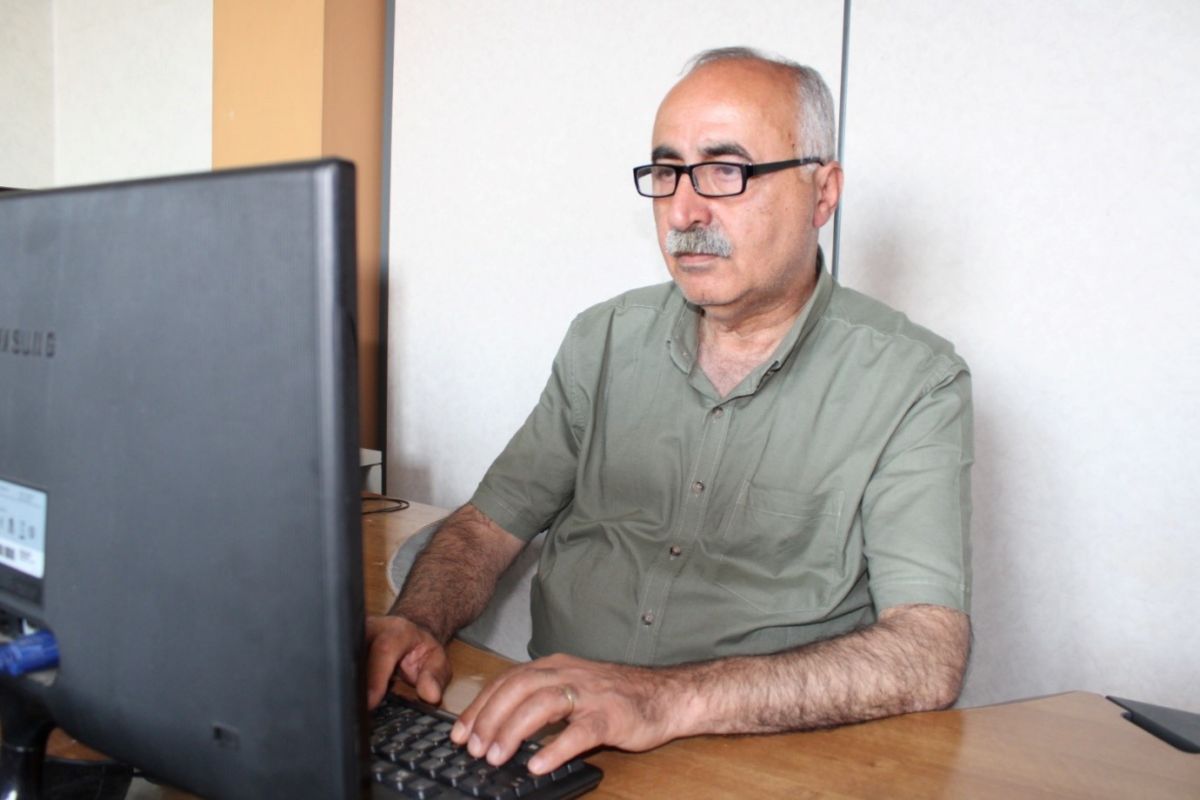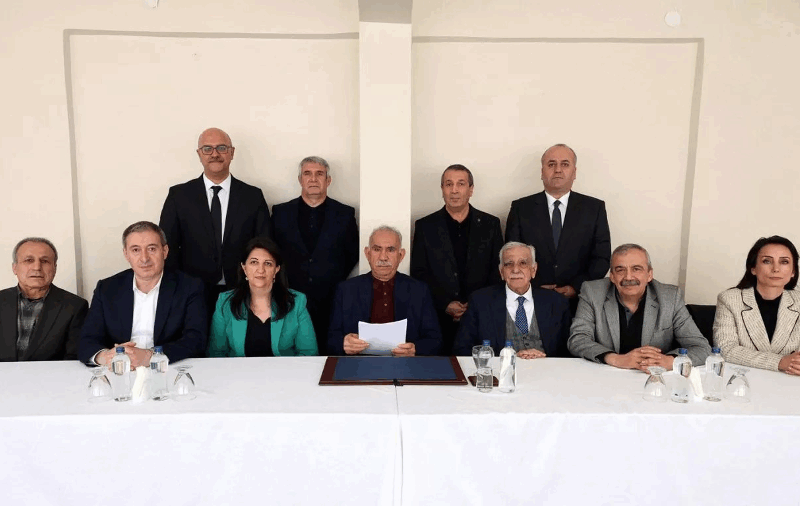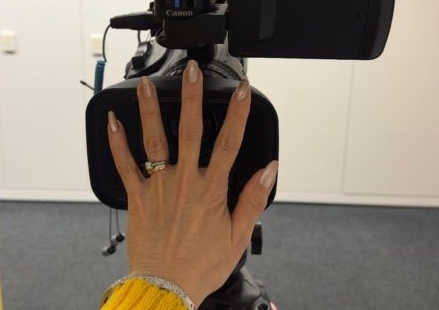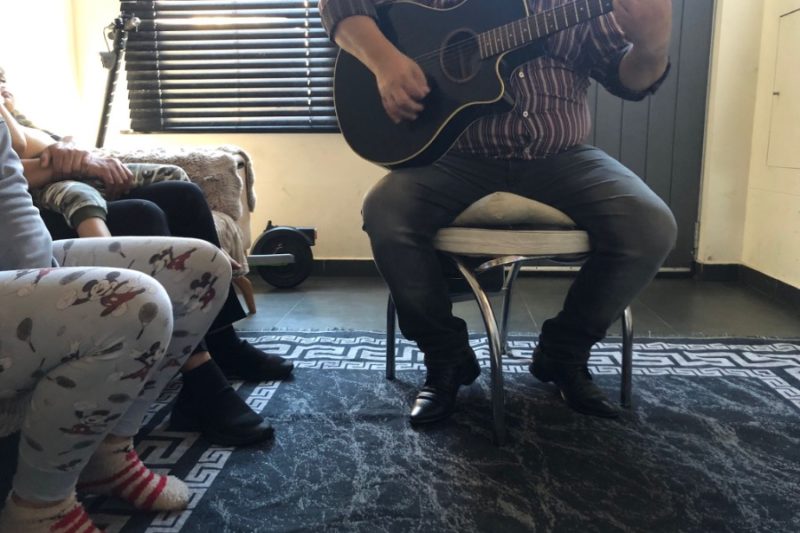Fehim Işık, the journalist who feels lucky to be alive

Fehim Işık has dedicated his life to journalism. In his 36 years in the profession, the 63-year-old writer and photographer has lived through three exiles, imprisonment, and witnessing the murder of his friends. For the past six years, he has been living in a small Flemish town in Belgium, with hope for the day he will go back to his hometown, family and friends.
Fehim Işık started his journalism career in 1988. From the moment he picked up the camera and pen, he worked on news reports, articles, documentaries and TV programmes covering Kurds and other minority communities in Turkey.
In the early years, even acknowledging the existence of the Kurdish people was illegal in Turkey. He paid the price for writing and speaking about them with exile and imprisonment, including being jailed in 1990 for including the words ‘Kurdish’ and ‘Kurdistan’ in the magazine for which he worked.
“The price of delivering information to the public was death.’’
‘’The judge told me that ‘there is neither Kurdish nor Kurdistan, why were you writing about it ?’ The judge fined me for writing about a place that doesn’t exist for them’’, he says, taking a sip of his tea with sadness. Işık says that he started journalism at a time when Kurdish press organisations were subjected to bomb attacks and journalists were killed on the streets, and that journalism was very difficult during that period.
‘’The price of delivering information to the public was death. Even though the attacks on journalism were so intense, nevertheless someone else used to pick up the camera of the one whose camera had fallen. Now there are hundreds of journalists in the country’’.
He says he is one of those who feels lucky to be alive. At least 50 of his journalist friends were killed in the 1990s : “I was just imprisoned for more than a year at that time.’’
The witch-hunt against journalists
Işık said that the crackdown on journalists decreased after 2007, but in 2015, when Turkish President Recep Tayyip Erdoğan took power in his hands, the witch-hunt against journalists started again.
As a result, the path to exile was opened for him. First he went to Germany, where he worked in the press for three years. He took part in the establishment of a news website and a news channel. By 2018, he had completed his project, but Turkey was still risky for him and there were lawsuits against him for his journalistic work.
“To be honest, I don’t feel 100% safe in Belgium.”
He decided to go to the Kurdish Regional Government of Iraq. After all, a journalist should be at or near the centre of the news source. However, he did not feel safe there : “Turkish intelligence is very strong there. I received threats to my life, so I decided to come to Belgium, which hosts Kurdish media organisations. Then I had to seek asylum, which was approved by Kingdom of Belgium. Now I am here waiting for the day I will go back to my country.”
“To be honest, I don’t feel 100% safe in Belgium. I have received many threats here, as well as in Germany. In Germany the police provided remote protection. The threats continued in Belgium via social media, but I did not file a complaint. I do not share my address with anyone. When I receive post from Turkey, I do not give my address, I receive it to another address. Also, there are threats against my family. Lawyers there filed a lawsuit. My wife, family and lawyers have applications.”
“My three children got married while I was in exile.”
Işık, who also worked at Medya Haber TV in Belgium, has been unemployed since 2023. Although he wants to return to his profession, he cannot work due to illness. However, he has not distanced himself from the press. He shares his knowledge and experience by writing columns and participating in TV programmes.
He wants to share his 36 years of experience with the Belgian press and young journalists. However, this is challenging in the short term due to language, illnesses and adaptation problems.
“A journalist is responsible for using his pen for rights, law, justice, equality and freedom.’’
“I miss not only my profession but also my family. My wife, children and grandchildren live in Turkey. When I walk on the streets, I compare the children to my grandchildren and my heart starts to ache. My three children got married while I was in exile. I connected to their weddings via Skype, as if I was attending a formal meeting. Erdogan’s party AKP won the May 2023 elections. Even though my hopes for return have diminished, hope is not lost. One day we will return to being a free country. A journalist is responsible for using his pen for rights, law, justice, equality and freedom. That is what I did. In spite of everything, I am happy to pay price.’’




